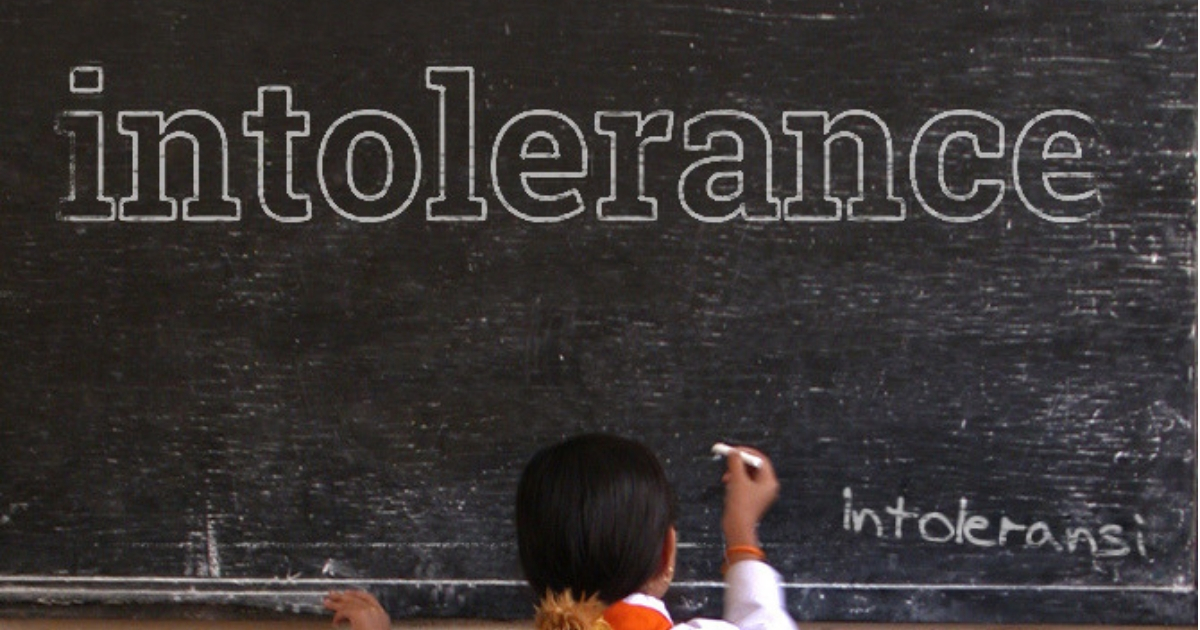Many people are concerned about a growing climate of religious intolerance in Indonesia, not just among adults but children as well. Of course, intolerance is something that children have to learn and there is evidence to suggest that many of the country’s teachers are passing their own intolerant attitudes onto their students.
The Center for the Study of Islam and Society (PPIM) at State Islamic University Syarif Hidayatullah recently released the results of a survey of Indonesia’s teachers and found that as many as 57% of teachers held opinions they classified as intolerant towards adherents of other religions while 37.77% said they had or wanted to undertake intolerant actions.
“This study aims to see the views and religious attitudes of school and madrasah teachers in Indonesia. Teachers have a strategic position and have an important role in the formation of students’ values, views, and thoughts,” PPIM Executive Director Saiful Uman said when describing the results of his research at the Le Meridien Hotel in Jakarta yesterday as quoted by Tempo.
Saiful said the study used two measuring instruments, a questionnaire as well as an Implicit Association Test (IAT). Surveyors used those to gauge respondent reactions to statements such as “Non-Muslims can establish places of worship in the your neighborhood” or “It is okay for your neighbors of other religions to hold religious events”.
The study found that 56% of respondents disagreed with non-Muslims establishing places of worship around their homes, and 21% disagree with neighbors of different religions holding religious events.
Regarding their propensity to act on intolerance, the survey asked respondents questions such as “Would you sign a petition rejecting a head of an education agency because they were a different religion?” (29% agreed) and “Would you sign a petition to refuse the establishment of schools based on non-Islamic religions in your area?” (34% agreed).
The study was based on the responses of 2,237 teachers, 1,172 of which were public school teachers and 1,065 of which taught at private madrasas. The study was conducted from August 6 to September 6 and is based on responses from all 34 provinces in Indonesia based on random proportional sampling.





Reader Interactions